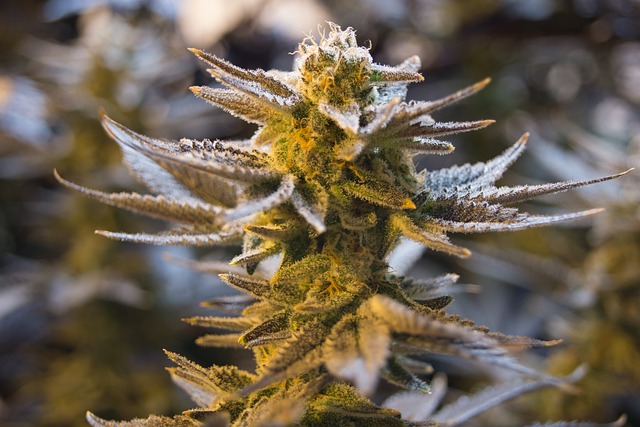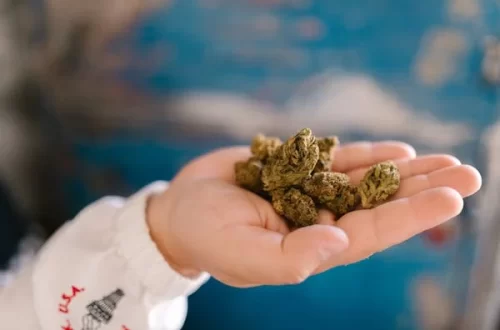Understanding THCa Flower: Benefits for Mind and Body
In recent years, the cannabis industry has seen a surge in interest surrounding various cannabinoids, each offering unique benefits. Among these, THCa, or tetrahydrocannabinolic acid, has gained attention for its potential therapeutic properties. Unlike its more famous counterpart THC, High-quality indoor THCa Flower is non-psychoactive, making it an appealing option for those seeking the benefits of cannabis without the high.
What is THCa?
THCa is a naturally occurring compound found in raw and live cannabis plants. It is the precursor to THC, the compound responsible for the psychoactive effects of cannabis. When cannabis is heated through smoking, vaping, or cooking, THCa undergoes decarboxylation, converting into THC. This transformation is what gives cannabis its psychoactive properties.
Benefits of THCa for the Mind
Research into THCa is still in its early stages, but preliminary findings suggest several potential benefits for mental health:
- Neuroprotective Properties: Some studies indicate that THCa may have neuroprotective effects, potentially aiding in the prevention of neurodegenerative diseases such as Alzheimer’s and Parkinson’s.
- Anti-Inflammatory Effects: Inflammation is linked to various mental health disorders, including depression and anxiety. THCa’s anti-inflammatory properties may help alleviate symptoms associated with these conditions.
- Antioxidant Capabilities: THCa is believed to have antioxidant properties, which can protect the brain from oxidative stress and damage.
Benefits of THCa for the Body
Beyond mental health, THCa flower may offer several physical health benefits:
- Pain Relief: THCa has been studied for its potential to reduce pain and inflammation, making it a promising option for those suffering from chronic pain conditions.
- Anti-Emetic Properties: THCa may help reduce nausea and vomiting, which can be beneficial for patients undergoing chemotherapy or those with gastrointestinal disorders.
- Appetite Stimulation: While THC is known for increasing appetite, THCa may also play a role in stimulating hunger, which can be helpful for individuals with appetite loss due to illness or treatment.
Case Studies and Research
Several studies have explored the potential benefits of THCa, providing a foundation for future research:
- A 2013 study published in the British Journal of Pharmacology highlighted THCa’s anti-inflammatory properties, suggesting its potential in treating inflammatory conditions.
- Research conducted by the University of Guelph in 2017 found that THCa exhibited neuroprotective effects in animal models, indicating its promise in neurodegenerative disease prevention.
- A 2019 study in the Journal of Psychopharmacology explored THCa’s anti-emetic properties, demonstrating its effectiveness in reducing nausea in animal subjects.
How to Use THCa Flower
For those interested in exploring the benefits of THCa, there are several ways to incorporate it into a wellness routine:
- Raw Consumption: Consuming raw cannabis leaves or flowers in smoothies or salads can provide THCa without the psychoactive effects of THC.
- Tinctures and Oils: THCa tinctures and oils offer a convenient way to consume the compound, allowing for precise dosing and easy integration into daily routines.
- Topicals: THCa-infused creams and balms can be applied directly to the skin for localized relief from pain and inflammation.
Legal Considerations
The legal status of THCa varies by region, as it is often classified alongside THC. It’s important for consumers to be aware of local laws and regulations regarding cannabis products. In some areas, THCa products may be available through medical cannabis programs, while in others, they may be restricted or prohibited.
Conclusion
THCa flower presents a promising avenue for those seeking the therapeutic benefits of cannabis without the psychoactive effects. With potential applications in mental and physical health, THCa offers a versatile option for wellness. As research continues to unfold, the understanding of THCa’s full potential will likely expand, providing further insights into its benefits for mind and body.




